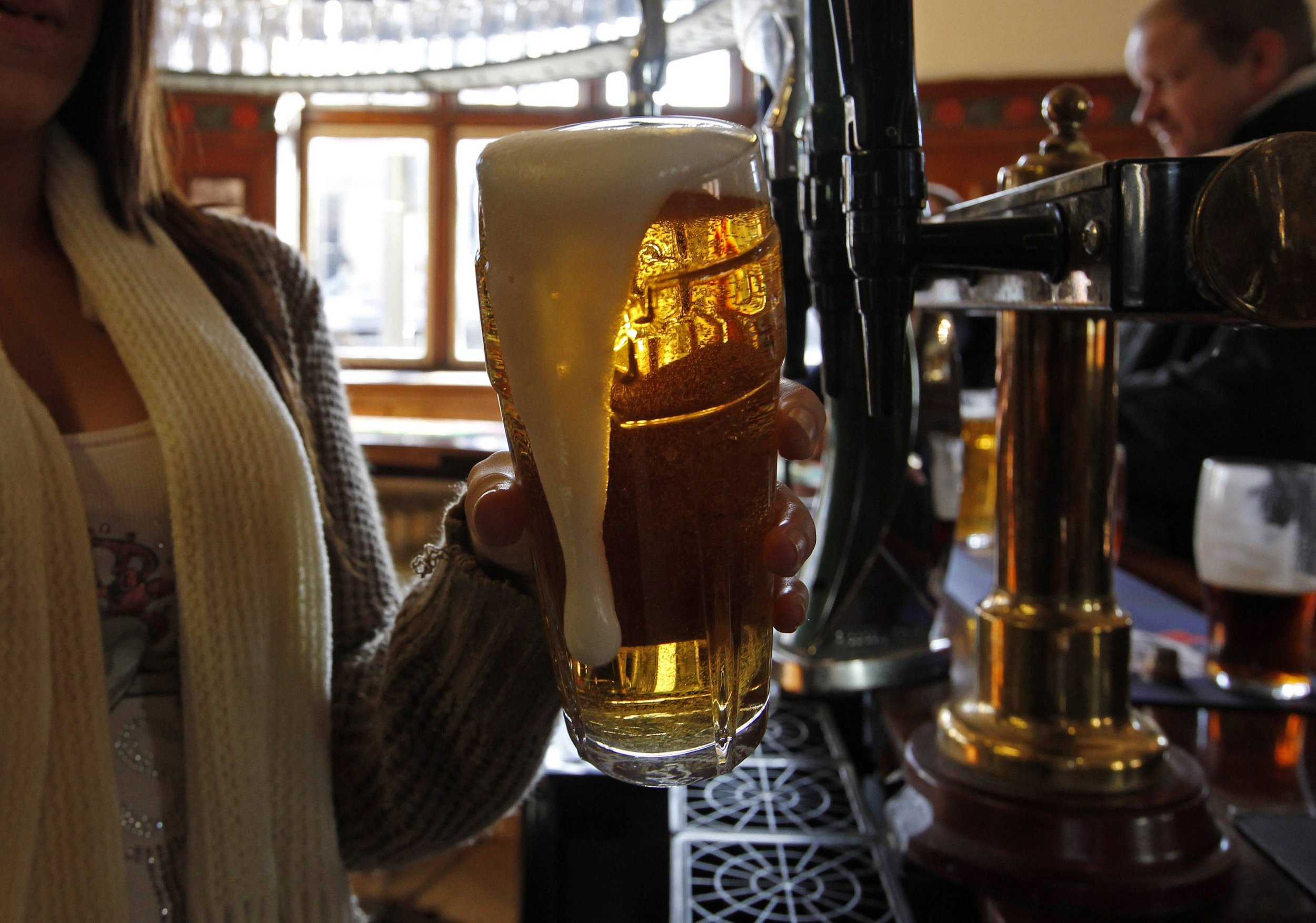
This article originally was published on Medical Daily.
Ever wonder why a hard night out at the bar usually leads to a shamefully large order at McDonald's the following day? New research suggests there may be a biological reason why binge drinking is so often followed by binge eating. Although the research hasn't found a way to stop people from visiting a fast food joint, at least you know you're not alone in your debauchery.
For the study, researchers looked at the brains of mice, some who were given alcohol and some who were not, to understand if there was a neurological explanation for increased appetite after drinking alcohol, Medical Xpress reported. They found that an area of the brain called the Agrp neurons, which is located in the hypothalamus, was activated in mice given alcohol, but not the controls. When the team purposely deactivated these neurons in mice given alcohol, they did not overeat. This suggested that alcohol-induced food binges may be caused by a constant activation of this part of the brain.
Although alcohol and overeating is a long-observed phenomenon, researchers haven't understood why one often follows the other. For example, alcohol is calorie dense, and usually a high intake of calories indicates fullness, not hunger. But that doesn't happen after alcohol binges.
Although the experiment cannot be reproduced on humans for ethical reasons, the mice behaved the same way as humans who drank too much the night before. For example, mice that were injected with alcohol became more hungry and ate far more than mice that were not given alcohol. This effect was especially strong the next day, which may explain why hungover individuals often take solace in overeating. The neurons in the mice remained active throughout the second day, urging them to continue to eat even when they were physically full.
It's OK to drink a little too much and overeat on occasion, but some reaserchers believe these combined habits are contributing to the growing obesity epidemic in the Western world, so they're more dangerous than they appear.
Uncommon Knowledge
Newsweek is committed to challenging conventional wisdom and finding connections in the search for common ground.
Newsweek is committed to challenging conventional wisdom and finding connections in the search for common ground.
About the writer
To read how Newsweek uses AI as a newsroom tool, Click here.








